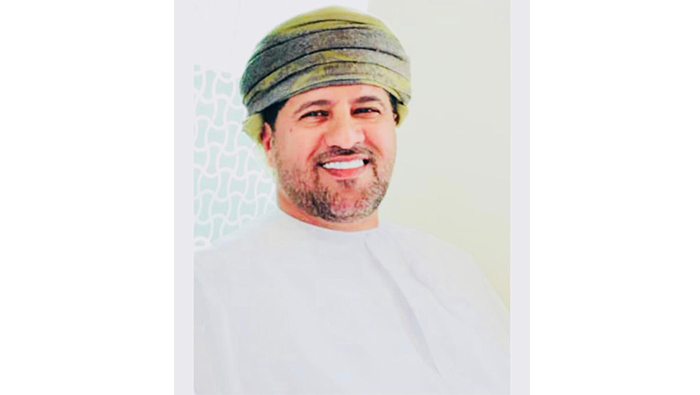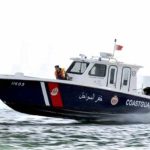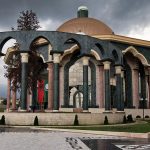The Special Economic Zone at Duqm (Sezad) in Muscat has seen a significant increase in investment, with total cumulative investment reaching OMR6 billion by the end of June. This represents a 55% year-on-year growth from OMR3.865 billion in the previous year. The growth coincides with the start of operations at the Duqm Refinery and several other economic projects in the zone. Eng. Ahmed bin Ali Akaak, CEO of Sezad, highlighted the significant interest from both local and international companies as the zone intensifies its efforts to attract more investments.
Several major strategic investments in the green industries sector are underway in Duqm, with projects like Vulcan Green Steel, HYPORT Duqm, Green Hydrogen project (ACME), and a joint venture between Japan’s Kobe Steel and Mitsui & Co., Ltd. to establish a direct reduced iron (DRI) plant. These projects will bolster Duqm’s position as a leader in green industries and contribute to Oman’s goal of achieving carbon neutrality by 2050. Sezad continues to receive investment requests from global companies, with each proposal being carefully reviewed in coordination with relevant authorities to assess the potential added value.
Sezad has implemented the Cabinet’s decision to oversee and manage municipal services and public utilities within the master plan of the Sezad. This initiative aims to boost development and activate various economic sectors within the zone. The Sezad has completed preparations to assume responsibility for licensing and technical affairs services, with employees trained to deliver these services. A total area of 33 square kilometers within the Sezad’s master plan is designated for various commercial, industrial, and residential purposes, as well as investment zones in multiple sectors. The Sezad began providing necessary services to these areas in the second half of the year.
The first half of the year saw the official inauguration of several key economic projects within the Sezad. This includes the Duqm Refinery, expected to transform Duqm into a leading energy hub in the region with a production capacity of 230,000 barrels per day. The multipurpose fishing port, freight services and customs terminal at Port of Duqm, government quay, and the completion of main roads were also inaugurated. Additionally, the Wadi Jurf and Wadi Saay dams were completed to protect the projects in the area from flood risks.
Newly operational projects in the first half of the year include the trial operation of the International Seafood Company (Simak), the largest tuna and sardine canning plant in the region with an annual production capacity of 100 million cans of tuna. Asyad Group also took over the management and operation of Asyad Terminals Duqm, equipped with the latest technology to increase productivity and improve handling operations. Eng. Akaak emphasized the increasing interest from local and international investors, praising the support provided by the Public Authority for Special Economic Zones and Free Zones (Opaz) in supervising the zone’s development and attracting investments.
In conclusion, the growth witnessed in the Sezad reflects the positive outlook for the zone and its potential as a hub for investments and economic development. With ongoing projects and new investments in various sectors, Duqm is poised to play a significant role in Oman’s economic growth and sustainability efforts. Sezad’s commitment to facilitating procedures for investors and providing necessary support will continue to attract both local and international companies looking to capitalize on the opportunities offered by the zone.










